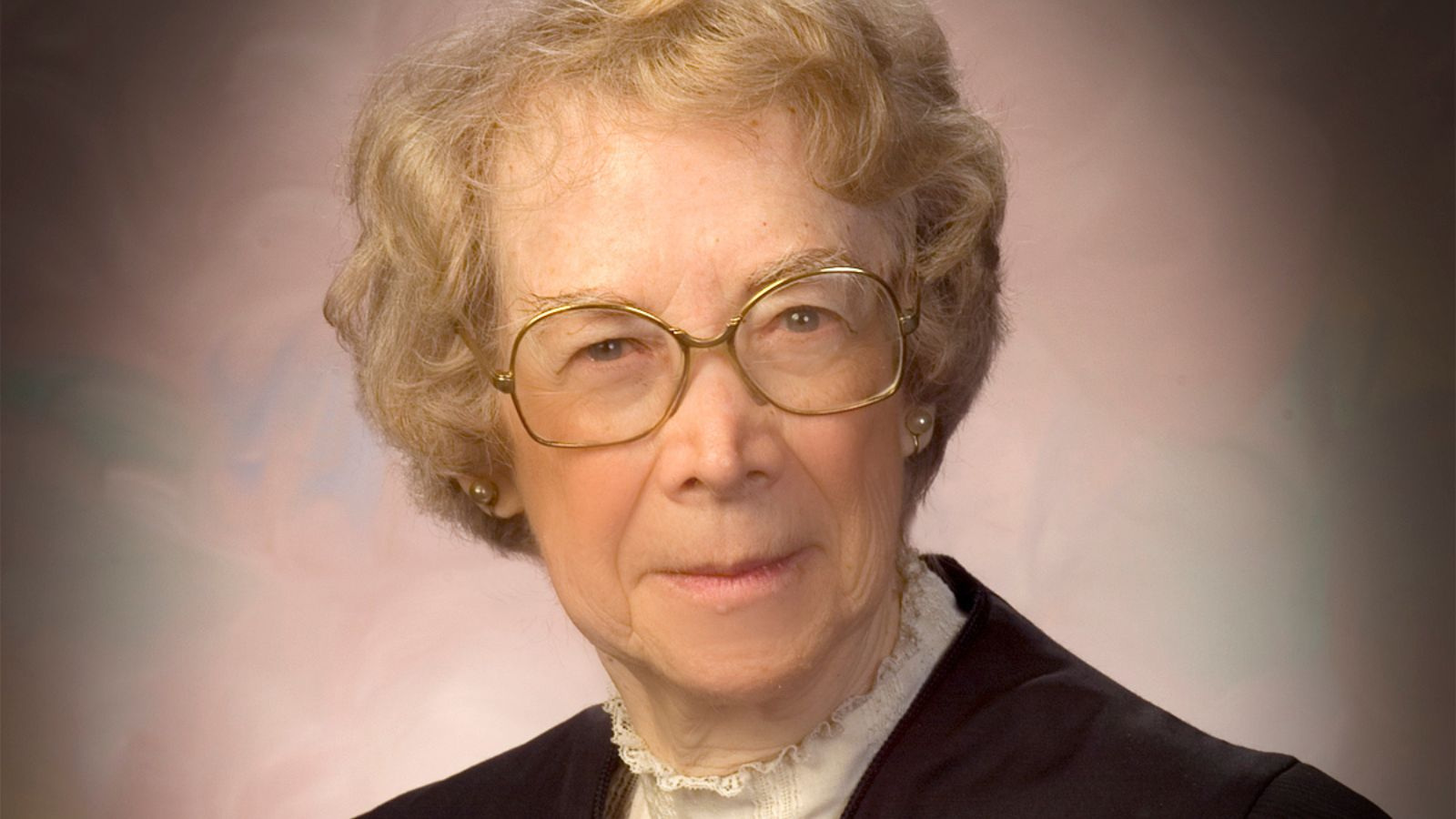The Case of Judge Pauline Newman: Age, Ability, and the Uncomfortable Truth of Judicial Retirement
Let’s be honest, the news about 97-year-old Judge Pauline Newman’s suspension from the U.S. Court of Appeals for the Federal Circuit shook a lot of people. It wasn’t just the age – it was the how and the why that sparked a firestorm of debate, raising uncomfortable questions about ageism, competence, and the very nature of judicial retirement. This isn’t just a legal story; it’s a human story, reflecting broader societal anxieties about aging and the challenges of letting go.

This article dives deep into the controversy surrounding Judge Newman’s suspension, exploring the arguments from all sides, and examining the larger implications of this case. We’ll unpack the legal arguments, consider the ethical dilemmas, and ultimately, ask ourselves: what does this case tell us about our expectations of aging professionals, and how can we navigate these complex issues with fairness and respect?
The Stunning Suspension: A Summary of Events
Judge Pauline Newman, a highly respected and incredibly prolific judge, was temporarily suspended from her duties in early 2023. The suspension, ordered by the Judicial Council of the Federal Circuit, cited concerns about her mental fitness to perform her judicial responsibilities. The specifics of these concerns were initially kept confidential, fueling speculation and outrage amongst many legal professionals and members of the public.
This wasn’t a case of a judge simply slowing down with age; Judge Newman had maintained an impressive workload, even into her 90s. Her contributions to patent law are legendary, and her opinions are widely cited and respected. The suddenness and secrecy surrounding the suspension felt jarring, particularly given her long and distinguished career.

The Arguments For Suspension: Concerns About Cognitive Decline
The Judicial Council’s decision was based on confidential reports, the details of which remain largely undisclosed. However, leaked information and subsequent reporting suggest concerns were raised about Judge Newman’s ability to effectively handle her caseload due to potential cognitive decline. These concerns reportedly stemmed from observations of her colleagues and staff, as well as analysis of her recent opinions and decisions.
The arguments in favor of the suspension centered on the critical importance of maintaining the integrity and efficiency of the judicial system. Proponents argued that a judge’s ability to perform their duties must be paramount, regardless of age or prior achievements. They pointed to the potential for flawed decisions or significant delays if a judge is no longer capable of performing their role effectively. The argument wasn’t about age itself, but about ensuring the competence and fairness of the judicial process.
The Counterarguments: Ageism, Due Process, and the Value of Experience
The suspension, however, sparked a wave of criticism, with many accusing the Judicial Council of ageism. Critics pointed to the lack of transparency surrounding the decision, the absence of a clear and publicly available process for evaluating a judge’s fitness, and the potential for bias in assessing a judge’s cognitive abilities based solely on subjective observations.
- The Lack of Transparency: The secrecy surrounding the reasons for the suspension fueled suspicions of unfairness. Without clear and publicly available evidence, critics argued that it was impossible to assess the validity of the concerns raised.
- The Potential for Bias: The evaluation of a judge’s mental capacity is inherently subjective. Critics argued that age itself could have been a significant factor in the assessment, leading to an unfair and biased evaluation.
- The Value of Experience: Judge Newman’s decades of experience in patent law are invaluable. Her unique perspective and deep understanding of the field are irreplaceable assets to the court. Dismissing her based on potential cognitive decline, critics argued, is a loss not only for the court but for the entire legal community.
- Due Process Concerns: The process leading to the suspension lacked the transparency and due process afforded to other professionals facing similar accusations. The lack of a formal hearing or opportunity to challenge the allegations raised serious concerns about procedural fairness.


The Broader Implications: Ageism in the Workplace and Beyond
The Judge Newman case highlights a broader societal issue: ageism in the workplace. While laws exist to protect against age discrimination, the subtle and often unconscious biases against older workers remain pervasive. The case raises questions about how we evaluate the performance of older professionals, particularly in fields demanding high levels of cognitive function.
It forces us to confront the difficult questions:
- What are the appropriate measures for assessing cognitive abilities in older professionals? Should subjective observations be the sole basis for such assessments, or should more objective measures be employed?
- How can we balance the need to ensure competence with the value of experience and the potential for age discrimination? Finding a fair and equitable approach is crucial.
- What are the appropriate mechanisms for addressing concerns about the performance of older professionals? Clear, transparent, and fair procedures are necessary to protect both the individual and the integrity of the institution.
